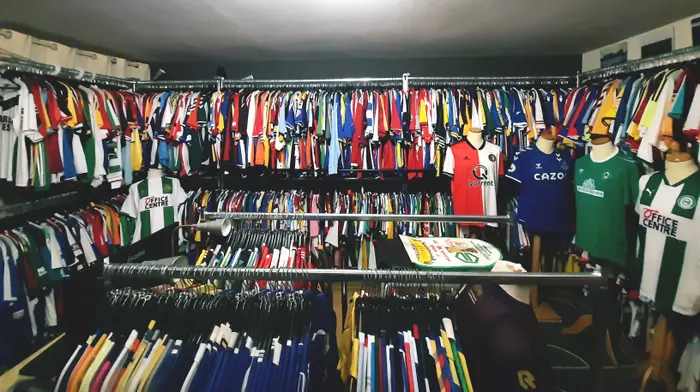The football jersey business has become a booming global industry, driven by increasing fan engagement, sponsorship deals, and the rise of e-commerce. With millions of supporters worldwide, clubs and brands have turned jerseys into lucrative assets, generating billions in revenue each year. From official team kits to limited-edition collaborations, football jerseys are no longer just sportswear—they are a symbol of identity, fashion, and investment for collectors.
One of the key factors behind this growth is sponsorship and branding. Top clubs partner with major sportswear companies like Nike, Adidas, and Puma to produce high-performance jerseys featuring advanced fabric technology. Additionally, sponsorship deals with global brands bring massive exposure, with logos displayed prominently on jerseys. The digital era has also fueled demand, as social media and online stores make it easier than ever for fans to purchase and showcase their favorite team’s gear.
As the market expands, customization and sustainability are shaping the future of football jerseys. Clubs now offer personalized options, allowing fans to add names and numbers, while brands focus on eco-friendly materials to reduce environmental impact. With limited-edition releases, retro designs, and innovative marketing strategies, the football jersey business is set to continue its rapid growth, solidifying its place in both the sports and fashion industries.







Leave a Reply